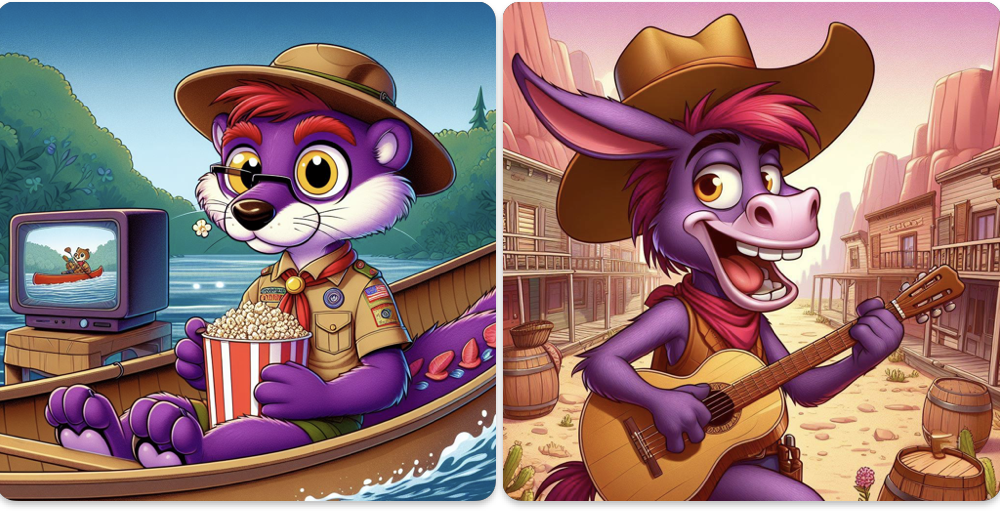
Jesus Christ Superstar

(I watched this to celebrate Good Friday.)
Based on the rock opera by Andrew Lloyd Webber and Tim Rice, the first film adaptation of Jesus Christ Superstar, directed by Norman Jewison (who had two years before directed that of Fiddler on the Roof) is an incredibly psychedelic take on the story of Jesus that screams “the 1970s,” rife with tons of WTF anachronisms (like a bus of hippies, military soldiers that resemble those of the film’s time, and a few air force jets, among others), and sizably focusing on historical/religious figures like Jewish high priest Joseph ben Caiaphas (whose name and biblical role I now know thanks to the film and his respective Wikipedia article), with bizarre takes on other luminaries like King Herod as well.
I don’t want to go into intense depth about the film. However, I will say that it exemplifies my belief that the quality of any form of media like books, film, television, and video games (for me especially), positive or negative, is almost strictly a point of view. Much of the music is enjoyable and sometimes catchy but frequently has abrupt instrumental, stylistic, and tonal shifts, with its other aspects having abundant WTF and YMMV moments. I found the film incredibly entertaining (but as I said, film quality is often a point of view) because I relate to the story of Jesus as an autistic (like being seen as delusional and ostracized by my kind) and have certain biases regarding the religious commentary, in which case it very much deserved the criticism from religious groups it got at its time of release.
Overall, I enjoyed the movie but can easily understand why and how many others would feel otherwise.

